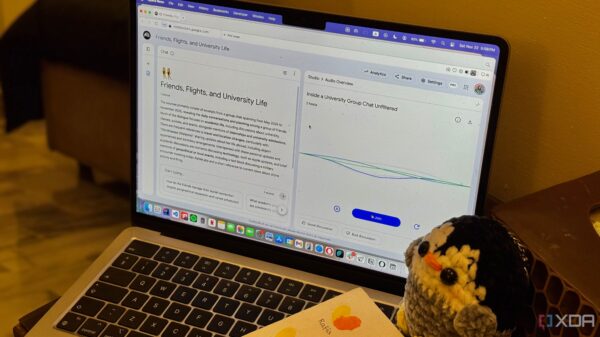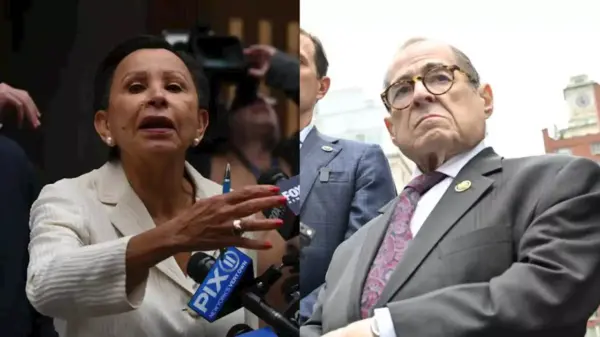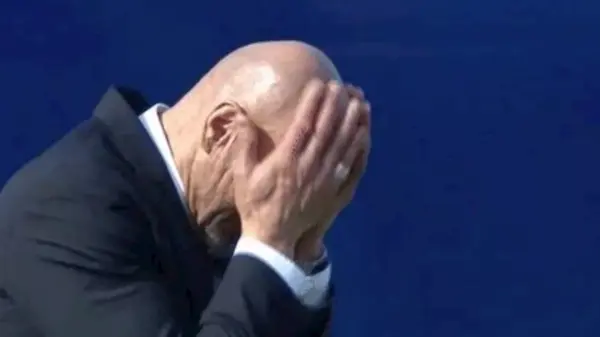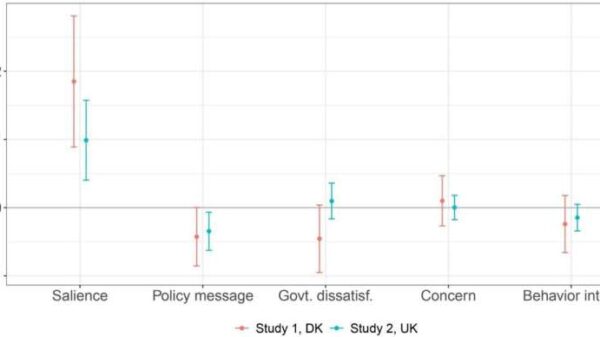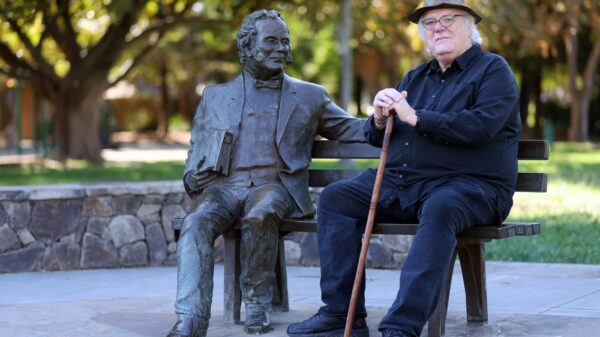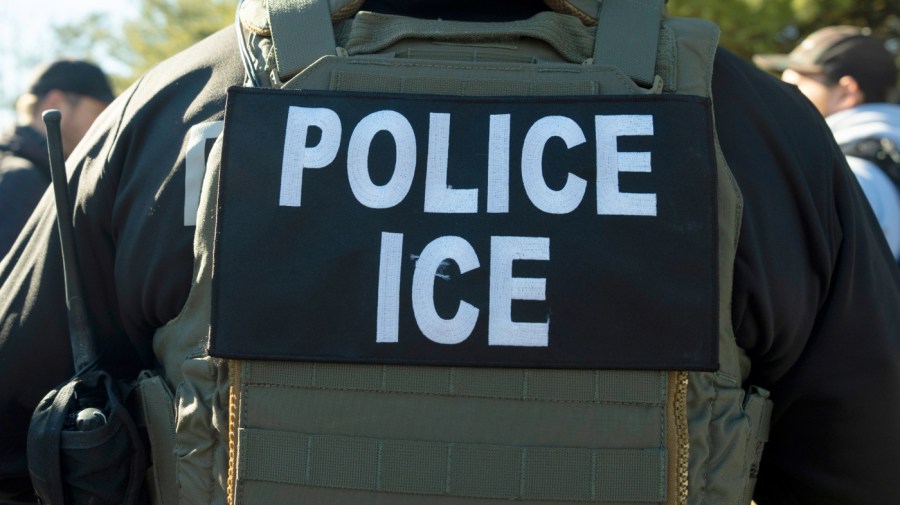The U.S. Immigration and Customs Enforcement (ICE) has implemented a new directive that significantly alters the bond hearing process for undocumented immigrants. According to a memo from acting ICE Director Todd Lyons, individuals detained for immigration violations will no longer have the opportunity to seek bond hearings, meaning they could remain in detention throughout the duration of their removal proceedings. This change could lead to a substantial increase in the number of individuals held in detention facilities as the Trump administration intensifies its immigration enforcement efforts.
The memo, which has been confirmed by both ICE and the Department of Homeland Security (DHS), stipulates that migrants should be detained “for the duration of their removal proceedings.” This process can often extend for months or even years, leaving many individuals in limbo. Typically, immigrants who are not deemed a threat to public safety can apply for release on bond. The new policy effectively ends this practice, raising concerns about the treatment and prolonged detention of many individuals who may not pose any danger.
An ICE spokesperson described the directive as a measure to “close a loophole to our nation’s security based on an inaccurate interpretation of the statute.” This statement reflects the agency’s position that such changes are necessary for maintaining national security. The policy shift has been reported by major media outlets, including The Washington Post, which highlighted the implications of this new approach.
Increased Detention Capacity and Funding
The announcement coincides with the introduction of the so-called Big Beautiful Bill, which allocates $45 billion in funding to expand immigration detention capacity. This legislation aims to more than double the current capacity, allowing the United States to detain over 100,000 individuals at any given time. The DHS has indicated that this increased funding will assist in their efforts to detain individuals contesting their deportation, suggesting without evidence that all those held without bond have criminal backgrounds.
In a statement regarding the new directive and accompanying funding, Tricia McLaughlin, Assistant Secretary for Public Affairs, emphasized the administration’s commitment to keeping “criminals and lawbreakers off American streets.” She further stated that the additional resources will provide ample space for detaining individuals under the new policy.
The changes have drawn criticism from advocates who argue that they undermine the rights of immigrants and violate humanitarian principles. Critics assert that the policy disproportionately affects vulnerable populations, including families and long-term residents who have established lives in the United States. The implications for mental health and social stability among those detained for extended periods are significant, raising concerns among human rights organizations.
As this policy takes effect, the landscape of immigration enforcement in the United States is poised for considerable transformation. With the potential for increased detentions and a lack of opportunity for bond hearings, the future for many undocumented immigrants remains uncertain.






